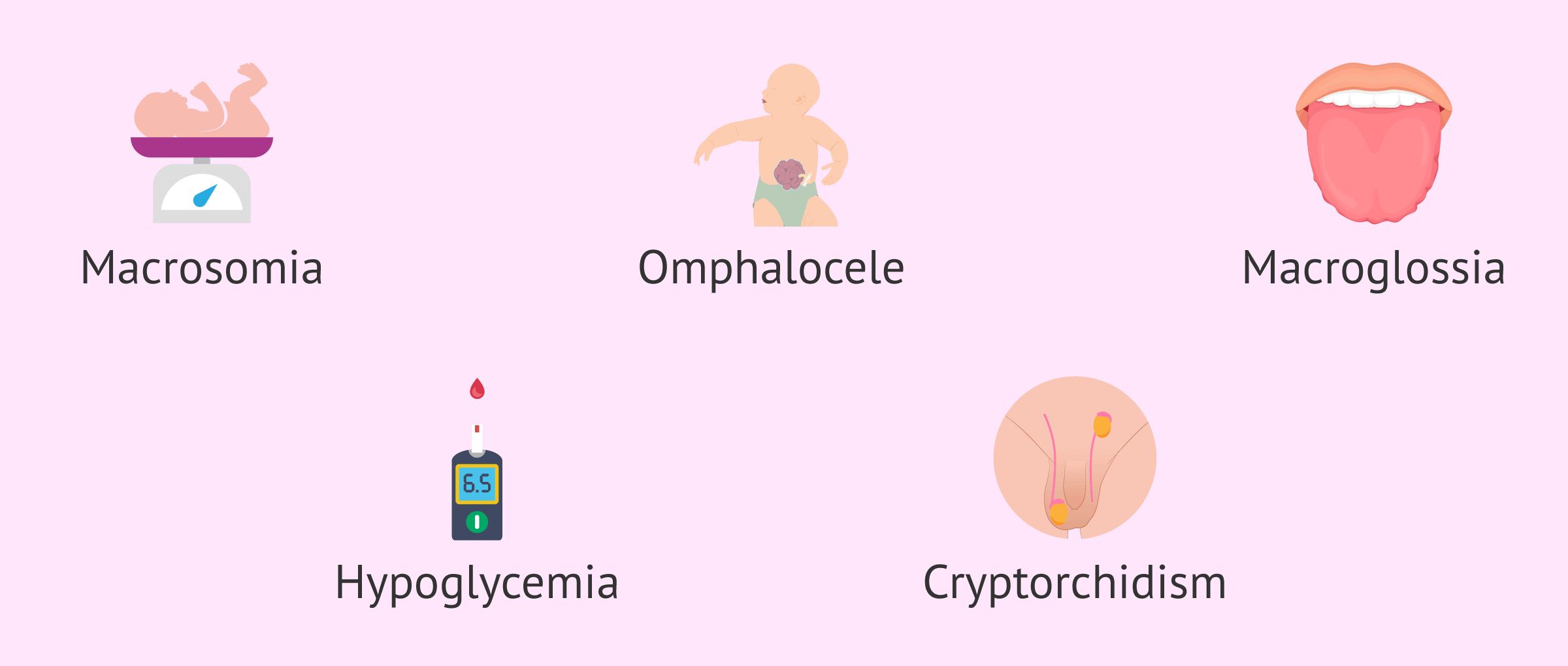Beckwith Wiedemann syndrome is caused by an alteration in chromosome 11, specifically in the small arm of the chromosome, in region 15.5. This disease is characterized by the fact that patients usually have a higher weight than would be expected, i.e. they have macrosomia. In addition, the size of the tongue is also larger and they show defects in the abdomen and an umbilical hernia.
The blood levels of children diagnosed with Beckwith Wiedemann syndrome BWS are lower than normal and their testes may not have descended.
Read the full article on: Beckwith Wiedemann syndrome: causes, diagnosis and treatment ( 66).
By Katharina Spies M.D. (gynaecologist) and Marta Barranquero Gómez B.Sc., M.Sc. (embryologist).
Last Update: 02/27/2024
